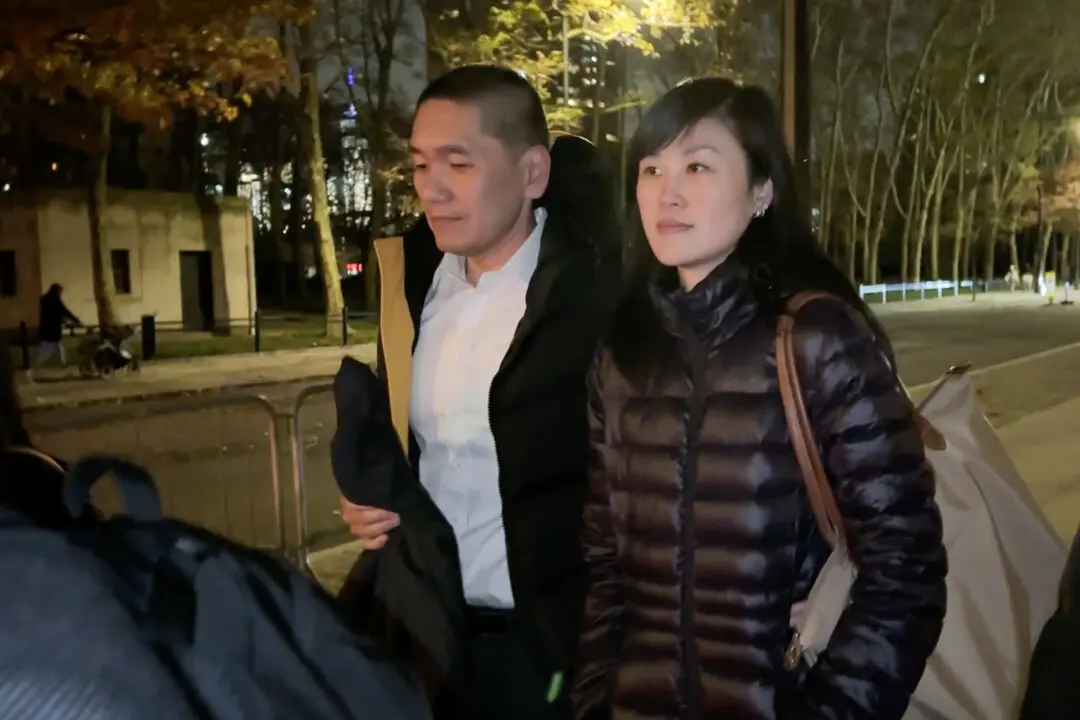Across the globe, a scattered Tibetan diaspora voted to elect a new prime minister-in-exile, or “Kalon Tripa,” on Sunday. The vote comes just 10 days after the Dalai Lama announced his retirement from all political duties.
While not unexpected, the announcement was a blow to many, especially the parliament-in-exile that passed a resolution last Friday asking their leader to reconsider. The Dalai Lama rejected the request insisting on transferring political authority while he is still healthy.
“I take pride and freedom to voluntarily relinquish the political power wielded by the institution of the Dalai Lama,” said the 75-year old Tibetan leader to a gathering of thousands of Tibetans at the main Tibetan Temple in Dharamsala, reports Tibetan news agency Phayul.com.
The Dalai Lama’s retirement makes the election “all the more important for the Kalon Tripa to be someone who can take the role of the of the Dalai Lama. Not exactly take the role, but do everything the Dalai Lama used to do for the Tibetan people,” said Dolma Yangzom. Yangzom now lives in New York but previously worked at the Central Tibet Administration (CTA), the formal name for the government-in-exile in Dharamsala, India.
The Dalai Lama has been preparing the Tibetan people and the government-in-exile for democratic self-rule since the 1960s.
In fact, he was already working to reform Tibet’s feudal government before the Chinese invaded in 1949. After fleeing Tibet in 1959, the Dalai Lama established the CTA at a hill station at the base of the Himalayas in Dharamsala.
In addition to working for the cause of a Tibet ruled by Tibetans, the CTA looks after Tibetans outside of Tibet and works to preserve their cultural heritage. It also helps refugees escaping Tibet to start their new lives. These are the core responsibilities facing the new Kalon Tripa.
As head of the government, the Kalon Tripa appoints seven Cabinet members to oversee the departments of Religion and Culture, Home, Finance, Education, Security, Information and International Relations, and Health. CTA also has a Parliament of 43 members and a Supreme Justice Commission that protects rule of law.
While not unexpected, the announcement was a blow to many, especially the parliament-in-exile that passed a resolution last Friday asking their leader to reconsider. The Dalai Lama rejected the request insisting on transferring political authority while he is still healthy.
“I take pride and freedom to voluntarily relinquish the political power wielded by the institution of the Dalai Lama,” said the 75-year old Tibetan leader to a gathering of thousands of Tibetans at the main Tibetan Temple in Dharamsala, reports Tibetan news agency Phayul.com.
The Dalai Lama’s retirement makes the election “all the more important for the Kalon Tripa to be someone who can take the role of the of the Dalai Lama. Not exactly take the role, but do everything the Dalai Lama used to do for the Tibetan people,” said Dolma Yangzom. Yangzom now lives in New York but previously worked at the Central Tibet Administration (CTA), the formal name for the government-in-exile in Dharamsala, India.
The Dalai Lama has been preparing the Tibetan people and the government-in-exile for democratic self-rule since the 1960s.
In fact, he was already working to reform Tibet’s feudal government before the Chinese invaded in 1949. After fleeing Tibet in 1959, the Dalai Lama established the CTA at a hill station at the base of the Himalayas in Dharamsala.
In addition to working for the cause of a Tibet ruled by Tibetans, the CTA looks after Tibetans outside of Tibet and works to preserve their cultural heritage. It also helps refugees escaping Tibet to start their new lives. These are the core responsibilities facing the new Kalon Tripa.
As head of the government, the Kalon Tripa appoints seven Cabinet members to oversee the departments of Religion and Culture, Home, Finance, Education, Security, Information and International Relations, and Health. CTA also has a Parliament of 43 members and a Supreme Justice Commission that protects rule of law.






